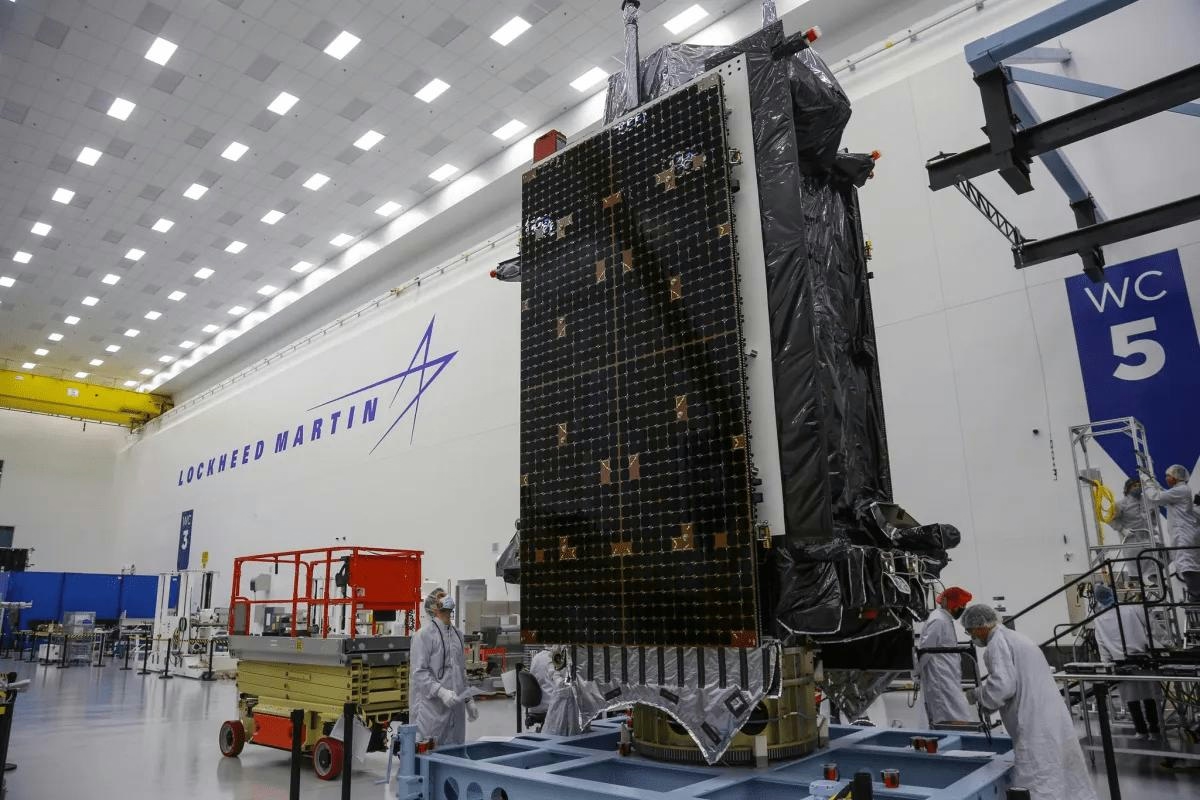AeroGenie — Your Intelligent Copilot.
Trending
Categories
GPS Innovation Alliance urges Trump administration to address GPS interference

GPS Innovation Alliance Calls on Trump Administration to Combat Rising GPS Interference
A coalition of 14 prominent industry associations has urged the Trump administration to take decisive action against the growing threat of GPS signal jamming and spoofing. In a letter addressed to Defense Secretary Pete Hegseth and Transportation Secretary Sean Duffy, the GPS Innovation Alliance (GPSIA), alongside groups such as the Aircraft Electronics Association, Airlines for America, and the U.S. Chamber of Commerce, highlighted increasing vulnerabilities in GPS systems that are now affecting civilian sectors far beyond traditional conflict zones. The coalition emphasized the urgent need for coordinated federal measures to safeguard critical infrastructure and commercial operations.
Escalating Threats and Economic Implications
The coalition’s appeal comes amid a notable rise in GPS interference incidents, many of which have been linked to Russian activities. These disruptions have impacted key sectors including aviation, maritime, and automotive industries. Recent episodes, such as GPS jamming over the Baltic Sea and suspected interference targeting flights of European Union leaders, have intensified international concerns and underscored the necessity for robust countermeasures.
GPS technology remains a cornerstone of the U.S. economy, supporting vital infrastructure and commerce. In 2024, the aviation sector alone contributed approximately 5% of the nation’s GDP, amounting to $1.45 trillion, while ports and maritime operations accounted for nearly 10%, or $2.9 trillion. Since its inception, GPS has generated over $1.4 trillion in economic value, with more than six billion GPS-enabled devices currently in use worldwide.
Despite maintaining an impressive 99.99% availability rate and no recorded outages since 1993, the GPS system faces increasing challenges. Many satellites are operating well beyond their designed lifespans, planned upgrades to ground systems have been delayed, and the system lacks advanced counter-spoofing technologies. These vulnerabilities have driven rapid growth in the market for anti-jamming solutions, which is projected to reach $7.5 billion by 2030, supported by U.S. Air Force contracts and rising demand from the European Union.
International Initiatives and Industry Recommendations
In response to similar threats, the European Union has launched initiatives such as Galileo OSNMA and the SAFE program, aimed at enhancing anti-jamming capabilities and consolidating defense infrastructure. The U.S. industry coalition is now pressing for comparable efforts domestically.
Lisa Dyer, Executive Director of the GPS Innovation Alliance, stressed the critical importance of modernizing GPS systems. She stated, “GPS is one of the most important innovations of the modern era, underpinning national security, critical infrastructure such as transportation, and commerce. The Trump administration’s approach to ‘getting stuff done’ is what this nation needs to finally achieve a modern GPS that is resilient to jamming and spoofing. The President’s leadership can also deter further harmful interference—actions that will benefit the most critical industries delivering goods and services worldwide.”
The coalition’s recommendations to the administration include accelerating the procurement and deployment of modern GPS satellites equipped with anti-jamming and anti-spoofing technologies, ensuring that U.S. GPS capabilities remain technologically superior to China’s BeiDou and Europe’s Galileo systems, and enhancing enforcement and interagency coordination to swiftly identify and respond to interference incidents. Additionally, the coalition advocates for cracking down on the illegal sale of jamming devices and streamlining regulatory and certification processes to expedite the adoption of resilient GPS technologies.
Industry leaders have expressed their readiness to collaborate with federal agencies, emphasizing that addressing GPS vulnerabilities is essential not only for national security and public safety but also for sustaining economic growth and prosperity.

Emirates Unveils Cabin Design for New Boeing 777X

Eighteen Years On, the Airbus A380 Remains Central to a $34 Billion Airline

How a boom in luxury airline seats is slowing down jet deliveries

Navitaire Outage Attributed to Planned Maintenance

DigiYatra Debuts Outside Aviation at India AI Impact Summit

Vietnam Orders Strengthen Boeing’s Commercial Outlook

Airbus Signals Uncertainty Over Future A400M Orders

JobsOhio Awards $2 Million Grant to Hartzell Propeller for Innovation Center

Collins Aerospace Tests Sidekick Autonomy Software on YFQ-42A for U.S. Air Force CCA Program

How the Airbus A350-1000 Compares to the Boeing 777
